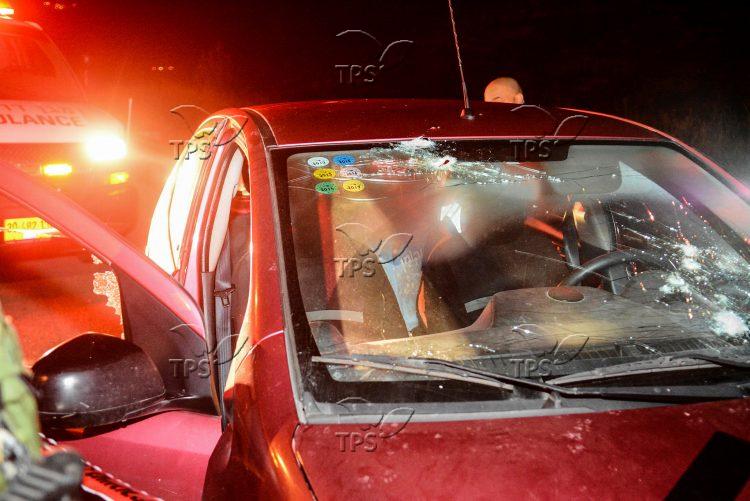In Aftermath of Shooting, Security Forces Brace for Clashes
Jerusalem, 10 January, 2018 (TPS-IL) -- Security forces are bracing for a backlash from extreme elements in the Jewish community following Tuesday night’s murder of Rabbi Raziel Shevach near his home in Havat Gilad, an unnamed source in the security forces told TPS
Residents of the outpost said they were expecting clashes between settlers and security forces during the funeral: The family plans to bury Shevach in Havat Gilad in accordance with his wishes but in violation of Civil Administration orders, who refused the family’s request for the burial because there is no cemetery in the outpost.
In response, residents began groundwork to create a regional cemetery.
In addition, residents of the outpost community, including Shevach’s widow Yael, and several Jewish organizations have called for revenge against local Arab residents, including a call by the far right Jewish Might party to retaliate with force.
Following the last night’s shooting, the Jewish Strength party – a far-right party that supports forcible transfer of Palestinians out of the country, blamed the government for the attack, writing in a statement that “the Likud government has removed all the roadblocks at the exits from the enemy’s villages, and is allowing terrorists to export terror to Israel.
“Dear Jews, we live in a democratic state, and what you put in the ballot is what you get. Protect your lives, don’t waste your vote on a leftist government in disguise, which forsakes our lives… there is no co-existence with (Arabs), only death,” the group said.
Ahead of the funeral, activists erected a protest tent at the site of the murder and Israeli residents of the area called for Palestinians to be banned from the road. Last night, 10 Jewish protesters were detained throughout Samaria, in protests and clashes with Palestinians that ensued after the attack.
Also Wednesday, Chief of Staff Lieutenant General Gadi Eizenkot visited the site of the attack, where he received a briefing on the incident from regional commanders.
‘Our main focus right now, is on locating the cell (who carried out the attack), to stop them and to prevent further incidents,’ said Eizenkot.


